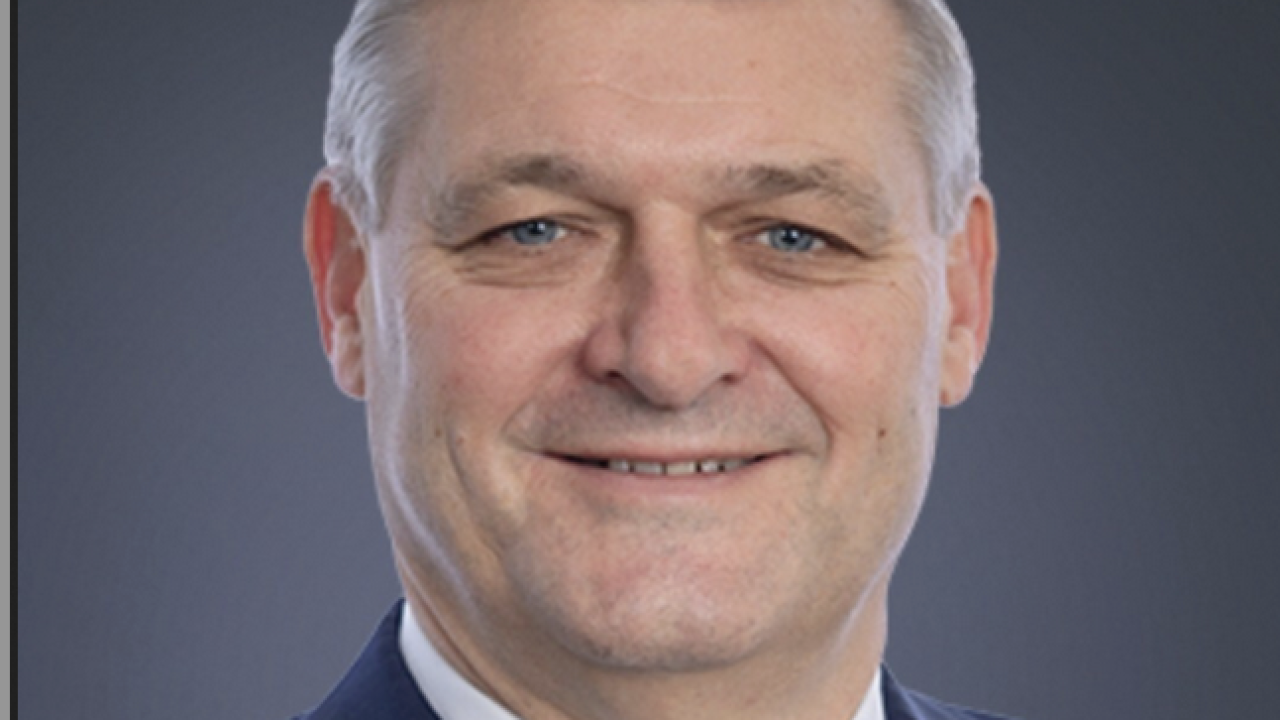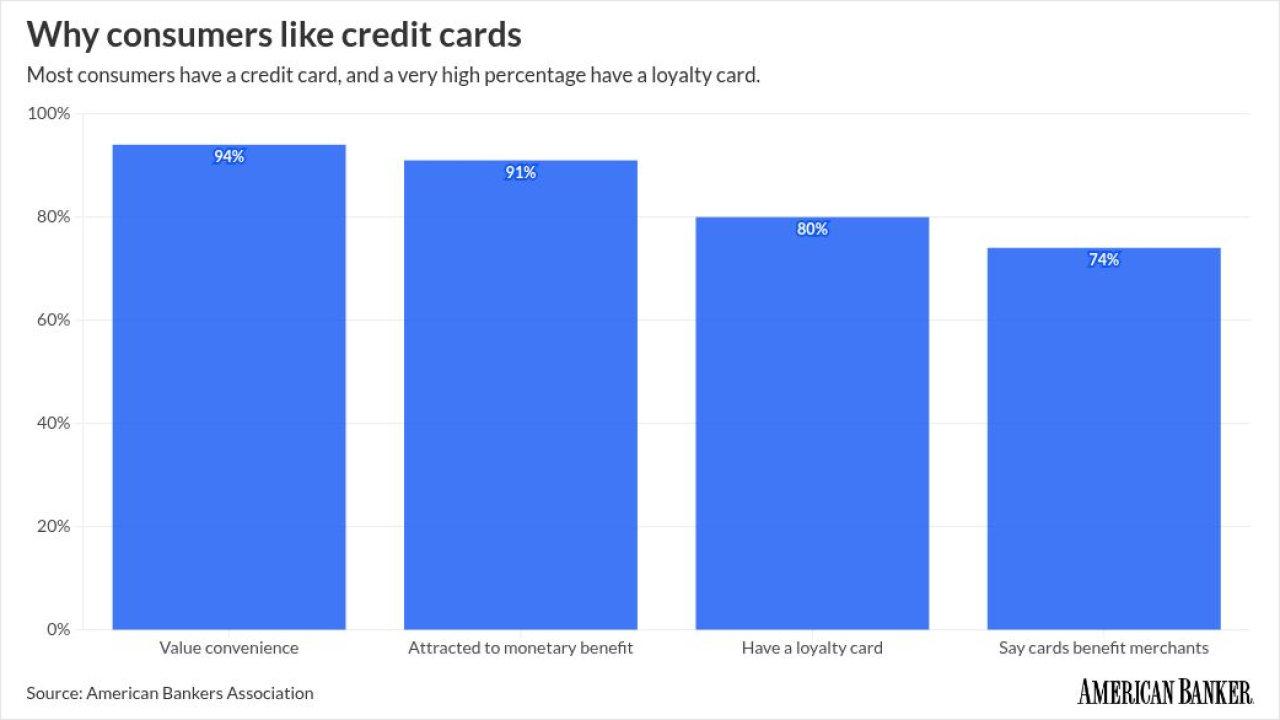WASHINGTON - Business economists said yesterday that they expect U.S. growth to moderate next year as the Federal Reserve ratchets up interest rates a little more.
The annual forecast issued by the National Association of Business Economists calls for U.S. output to rise 2.6% in 1995, down a notch from the estimated 3.6% increase this year. Analysts believe Fed officials are targeting about a 2.5% rate of growth in the economy to contain inflation.
While the economy is likely to slow, the Fed will still have to cope with a mild upturn in inflation, the business economists said. They predicted the consumer price index will rise 3.3% in 1995 from 2.7% this year.
A year ago, economists "were supremely confident that inflation was being killed off," said Richard Rippe, senior vice president and chief economist for Prudential Securities Inc. "Even though the reality isn't that bad, the confidence is no longer there."
Nearly three-quarters of the 158 economists on the association's policy panel said they expect the Fed to continue tightening credit. The Federal Open Market Committee meets today, and there is speculation that officials will feel compelled to raise rates for the sixth time this year, given continued evidence of a strong economy.
Most analysts expect the Fed to raise short-term rates at least another 50 basis points to 5.25% this fall, and no later than at the Nov. 15 meeting of the FOMC.
The business economists said they expect three-month Treasury bills, which closed last week at 4.89%, to reach 5.25% by next December. They predicted that the Treasury's 30-year bond next year will reach 7.75%, which would be little changed from where it has been lately.
"The risk is still a gradual rise in rates, even though as we get a slower economy the picture will be changing," Rippe said.
Joel Prakken, vice president for Laurence H. Meyer & Associates, a St. Louis-based forecasting, firm said the business group's forecast is based on the premise that the Fed's policy of tightening will eventually hold in interest rate- sensitive sectors of the economy.
The group predicted that residential investment, the sector that's the most sensitive to changes in interest rates, will slow to 1.2% in 1995 from a 9.5% increase this year. Business spending on inventories is also expected to slow, and business fixed investment is seen rising 7.3% after a whopping 12.5% gain this year.
The economists also predicted that personal spending, which accounts for two-thirds of gross domestic Product, will rise 2.4% in 1995 after this year's estimated gain of 3.3%.
Still, Prakken conceded that the economy may prove to be stronger than expected, producing tighter labor markets and inflation that force the Fed to take a bolder stance in tightening credit. "The chances of growth being above 2.5% are certainly greater than being below 2.5%," he said.
So far this year, the economy has proved surprisingly resilient to the Fed's policy of raising rates, even though it takes time for changes in rates to hold back consumers and businesses.
The National Association of Realtors reported yesterday that sales of existing homes in August edged down 1.8% to a seasonally adjusted annual rate of 3.9 million, but that was still up 1% from the level recorded a year earlier.
"Clearly there is strong demand in the existing home sales market," said James Tuccillo, chief economist for the realtors group. "Sales between July and August remained relatively stable across the board, indicating if anything, that fluctuating mortgage interest rates are having little impact on overall market performance."
Not all economists expect growth to remain solid. Roger Brinner, executive research director for DRI/McGraw-Hill, said he believes the Fed will go too far in tightening rates and that growth next year will be around 2%.





